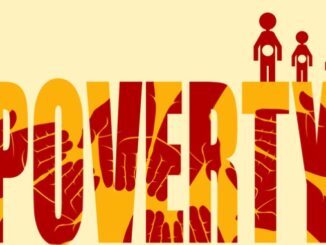
A recent study by the Education Policy Institute (EPI) has uncovered alarming disparities in educational achievement between students from low-income families and their wealthier peers
CREDIT: This is an edited version of an article that originally appeared in The Guardian
The study of academic attainment has revealed startling figures, highlighting the significant gap in educational achievement between students from low-income families and their wealthier counterparts. This divide has grown considerably since the pandemic, affecting all areas except London, according to the comprehensive report. Researchers are now emphasising the urgent need for targeted interventions to address this widening disparity.
The Education Policy Institute (EPI) think tank conducted the study, revealing that disadvantaged students are more likely to be over a year and a half behind their peers in terms of attainment. Pupils receiving free school meals are particularly likely to lag behind other students at the same stage, with this gap widening to two years by the time they reach school-leaving age.
Russell Hobby, CEO of the Teach First education charity, said: “These findings make for devastating reading. Beyond these figures are real children, who despite being born with the same potential as their wealthier peers, are unfairly held back by unequal opportunities.”
The EPI research found that although girls still outperform boys at every educational phase, the gender gap has narrowed. Girls are now 4.5 months ahead of boys at age 16, down from 6.3 months in 2019. The EPI attributes this change to improved attainment among boys and a decline in girls’ performance. This shift highlights evolving educational dynamics and the need for further analysis to understand the underlying causes and potential solutions.
Education minister Catherine McKinnell said: “It is this government’s mission to break down these barriers to opportunity so we can improve the life chances of all children.
“We will deliver real change by providing access to specialist mental health professionals in every secondary school, introducing free breakfast clubs in every primary, as well as developing an ambitious strategy to reduce child poverty so that families feel supported, and children are able to learn.”


Be the first to comment